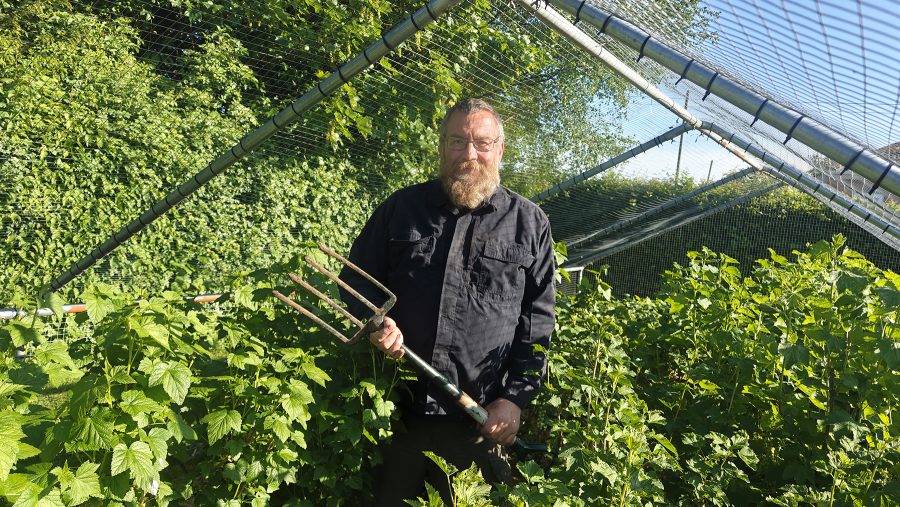Hugh & Fiona Osborne firmly believe that a smallholding needs a business plan, even if it isn’t a business…
When we dreamed about “escaping to the country” and turning our backs on our office lives (Fiona was a Finance Director and Hugh was a consultant Programme Manager), the last thing we wanted was to fill in forms, write proposals and do financial projections. Many years later, we have a very different perspective.
Smallholding is hard work and the rewards can be frustratingly small but it is possible to have a long-term smallholding, it just needs a realistic approach. We didn’t set out to be commercial farmers, we were (and still are) aiming for self-sufficiency. But whilst that is something we will always strive towards, there are always going to be expenses. Understanding and creating a budget for our living costs is the foundation of our Smallholding Plan.
FREEDOM ISN’T FREE
All smallholdings will have to spend money and whenever we think we’ve budgeted for everything, something else comes along. Having a “contingency budget” for those unexpected expenses isn’t a cushion for us, it’s a necessity! In order to have a sensible understanding of what we spend each month, we’ve broken our budget into some major headings.
The headings are:
- Compulsory Spend. These are those things that we cannot choose to ignore including: a. Mortgage / Rent b. Council Tax c. Water Rates d. Utility Bills2
- Regular Bills. These are the bills that we face each month. There is more flexibility in these. They include a.Food & General Supplies bills. We try to grow and produce as much of what we need as we can, but still have to buy laundry detergent, rice and toilet roll b.Transportation. Living in the country transportation is a big thing. There is virtually no public transport where we live so cars are a must. This means more than petrol, it means servicing, MOT etc.
- Depreciation. Stuff wears out.Sometimes that necessitates a repair, but eventually the repair costs become excessive and it’s time for a new one. If there’s nothing in the kitty for a new washing machine, car or hedgecutters, it’s a big deal
- Investment. We want to keep developing our smallholding. Right now, we would like a new polytunnel or greenhouse to grow more tender crops and extend the growing season. It’s important to set aside a budget for developments and not dip into money that’s earmarked for the council tax!…
This article extract was taken from the July 2025 edition of The Country Smallholder. To read the article in full, with more advice from Hugh and Fiona, you can buy the issue here.








